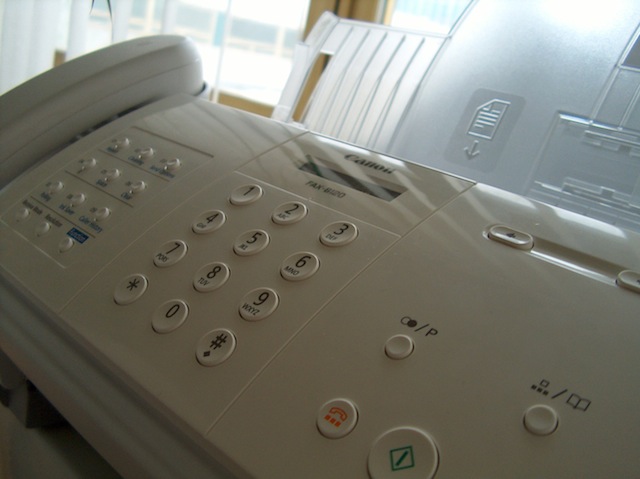While Australia talks about innovation, some of our most exciting tech companies are moving to Silicon Valley. For the May 2016 ABC Nightlife we asked why are they moving and what can we do to encourage them to stay down under?
Along with discussing why Australian startups are moving to the United States we also looked at some of the announcements out of the recent Google I/O conference. If you missed the show it’s available for download from the ABC website.
If you’re in Sydney, we’re also debating whether innovation really exists in Australia in a Cloud Crowd debate on June 9. Tickets are free.
Some of the questions Tony and I looked at included;
- Who is making the move over the US?
- What reasons do they have for going over?
- Why aren’t they going to Europe, the UK or SE Asia?
- Is Australia having a brain drain?
- It seems the much vaunted Ideas Boom has been lost in the election, is it over?
- One of the things Google announced at Google I/O was their new Google Home device which listens to your spoken commands to control the house. Doesn’t Amazon already have one of these?
- Another thing Google announced was they are looking at putting intelligence into every device. How far away is that?
Cloudcrowd innovation debate
On June 9 in Sydney we’ll be debating whether innovation is a myth in Australia, tickets are free and you can sign up through Eventbrite.
Join us
Tune in on your local ABC radio station from 10pm Australian Eastern Summer time or listen online at www.abc.net.au/nightlife.
We’d love to hear your views so join the conversation with your on-air questions, ideas or comments; phone in on 1300 800 222 within Australia or +61 2 8333 1000 from outside Australia.
You can SMS Nightlife’s talkback on 19922702, or through twitter to @paulwallbank using the #abcnightlife hashtag or visit the Nightlife Facebook page.

